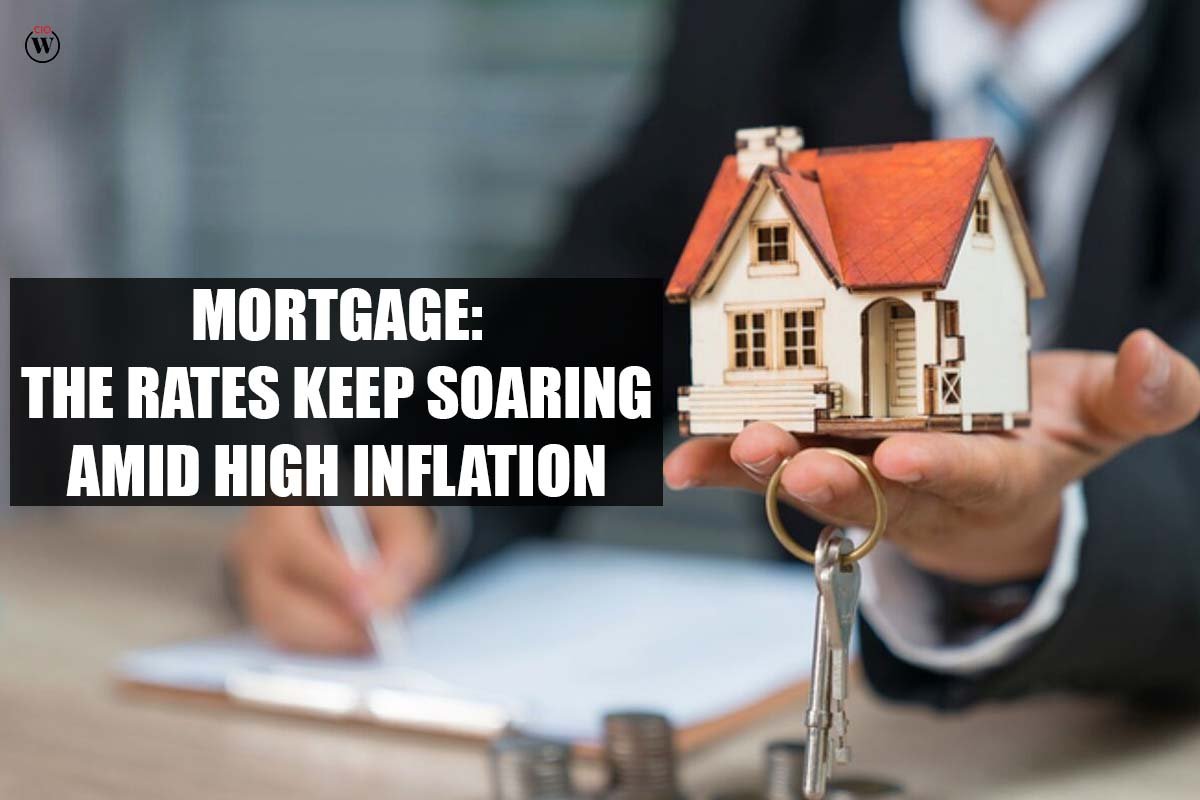Freddie Mac, the government-backed mortgage company, released data on Thursday showing that mortgage rates have continued to rise over the past week amid concerns over high inflation and an uncertain economic outlook.
The average 30-year fixed-rate mortgage rose to 3.25% for the week ending March 10, up from 3.02% the previous week. This marks the fourth consecutive week of rising rates, as inflation concerns have caused bond yields to rise and investors to demand higher returns.
What will its results be?
The increase in mortgage rates is expected to dampen demand for new home purchases and refinancing, potentially slowing down the already-tight housing market. However, economists say that rising rates may also help to cool down the housing market, which has seen soaring prices and limited inventory in recent months.
“The rise in mortgage rates may serve as a natural check on the housing market, which has been extremely hot over the past year,” said Danielle Hale, chief economist at Realtor.com.
The increase in rates could also have an impact on the broader economy, as higher borrowing costs may discourage businesses and consumers from taking out loans and making big purchases.
However, some economists say that the recent rise in rates is not likely to have a major impact on the economy overall, as rates are still historically low and the overall economic outlook remains positive.
“Despite the recent rise in mortgage rates, borrowing costs are still at historically low levels, which should continue to support economic growth,” said Lynn Fisher, senior advisor on economics at the Mortgage Bankers Association.
The rise in rates comes as inflation concerns continue to grow. The latest data shows that the Consumer Price Index (CPI), a measure of inflation, rose 0.4% in February, the largest increase since August 2012. The CPI has risen 1.7% over the past 12 months, well above the Federal Reserve’s target of 2%.
Fed could ‘speed up’ interest rate hikes amid inflation | USA TODAY
What does this mean for the housing market?
The Fed has indicated that it will keep interest rates low to support the economic recovery, but rising inflation could force the central bank to reconsider its policy. Some analysts say that if inflation continues to rise, the Fed may have to raise interest rates sooner than expected, which could have a major impact on the housing market and the broader economy.
Despite the uncertainty, some experts remain optimistic about the housing market. “While mortgage rates have risen, they are still at historically low levels, and there is still strong demand for homes,” said Lawrence Yun, chief economist at the National Association of Realtors.
Overall, the housing market is expected to remain strong in the coming months, as low inventory and high demand continue to drive up prices. However, rising mortgage rates and inflation concerns could slow down the pace of growth and create new challenges for homebuyers and sellers alike.









